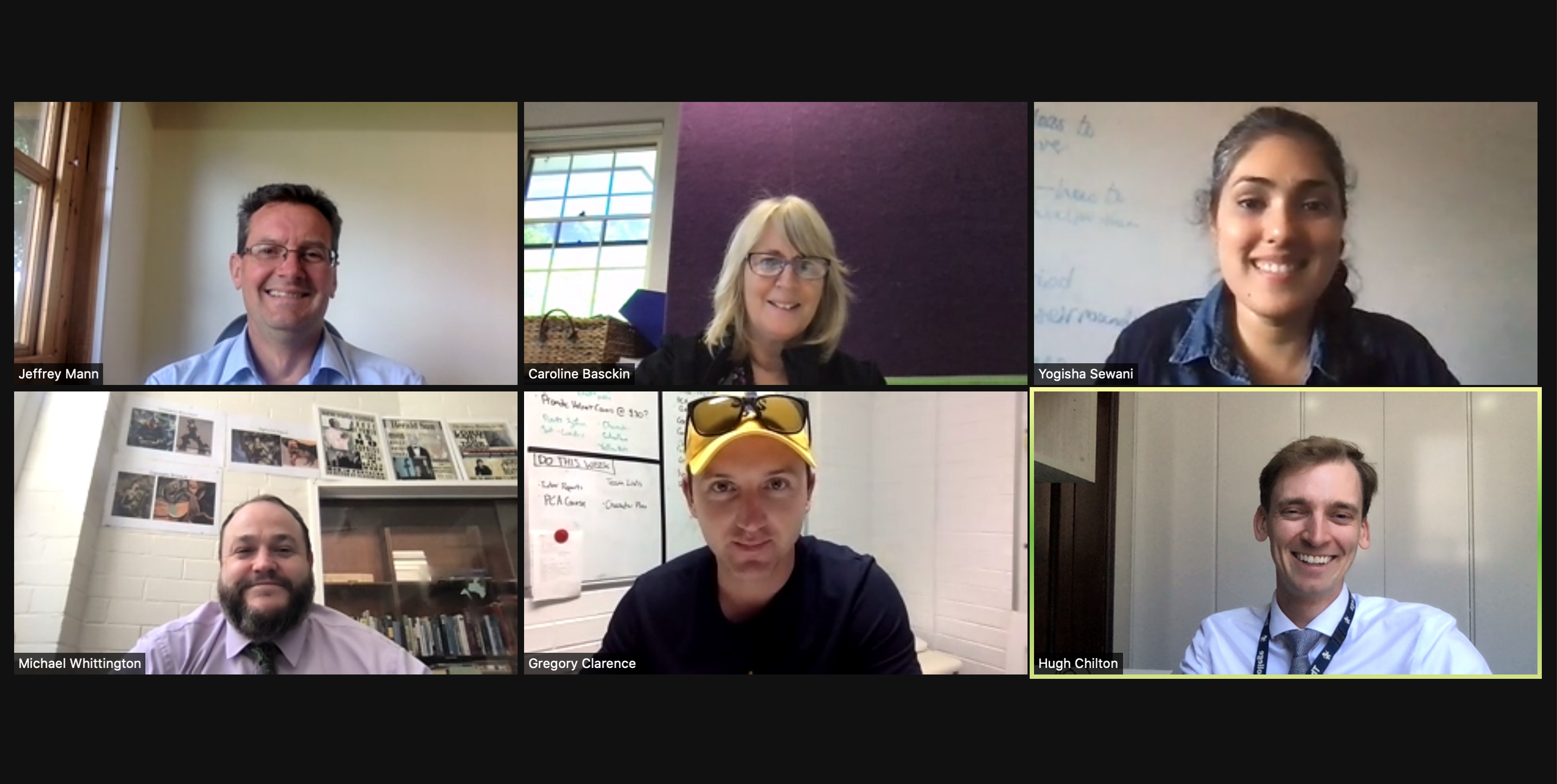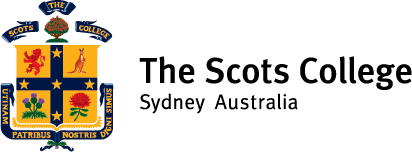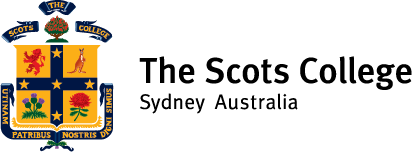
Caption: Scots teachers undertaking higher degrees (Masters and PhDs) by research share their progress at the recent ‘PhD coffee club’.
In the past week, you may have noticed two long-running education debates resurfacing on the lips of politicians and the pages of the popular press, raising questions about how to best ‘do school’. Their concern involves both what students are taught (the curriculum) and how they are taught (the pedagogy). The first is about teaching history, and specifically the approach teachers should take in addressing western civilisation’s good and bad aspects. Please read a very fine analysis from Dr David Hastie, one of our key lecturers in the Teaching Schools Alliance Sydney here. The second is about teaching reading, and whether this is best done through phonics (systematically teaching words through their composite sounds and parts) versus whole-language teaching (teaching words in the context of sentences).
There are many other debates in education – some new, some very old. Yet what is common to most debates is the subtext that to fix education, we need to be told ‘what works’ by academics and policymakers out there, beyond the school, and be held accountable for implementing it. It is as though teachers are fundamentally technicians, and if we can just refine their technique, then of course good outcomes will follow.
At Scots, we want to challenge this notion that teachers are merely technicians who ‘deliver the curriculum’ and reclaim a regard for their experience and expertise in the noble vocation of human formation. We have outstanding teachers at Scots who do not just deliver the curriculum but debate it; who do not just implement a pedagogy but adapt it to their context. Moreover, we are encouraging teachers to not only consume knowledge produced elsewhere, but to play their part in creating it through original research.
One aspect of this vision for reinventing the professional regard of teachers is encouraging further engagement in research. All our teachers are, to some degree, engaged in research through our Teaching for Character Program. In the program, teams design, implement and evaluate a new approach to teaching that deliberately develops one of our graduate qualities, such as creativity or service. Read more about it here. Over the years we have also seen a small number of staff undertake higher degrees by research (Masters and PhDs) connected to and supported by the College. This is a long and hard journey, but one that transforms the way teachers think about themselves and their roles as leaders in educational thought and practice.
This week our staff ‘PhD coffee club’ met online to share progress on various research projects. We celebrated the newly-minted PhD of Learning Enrichment Teacher, Dr Caroline Basckin, whose thesis explored ‘Evidence-based practices for students with special educational needs’. Coordinator of Student Experience, Mr Jeff Mann, shared his current focus on leading a global team to write a systematic review of research in outdoor education. Visual Arts Teacher, Mr Michael Whittington, reflected on a paper he is writing for his PhD about how COVID-19 has reshaped blended learning in the visual arts. Director of Cricket, Mr Greg Clarence, shared the exciting news of his submission to commence a PhD at The University of Notre Dame Australia, exploring how character can best be formed through sport. And Technology and Applied Studies Teacher, Ms Yogi Sewani, is at the point of inviting parents from the College to participate in her master’s research about cultural influences on parental perspectives of learning support – a project comparing Taiwanese and Australian parents. Read more about their projects and those of other staff here.
To be involved in Ms Sewani’s research, please click on the link below.
Call for participants: Studying Cultural Influences on Parental Perspectives of Learning Support
For several years, through The Scots College’s Research Office, we have been partnering with other schools and universities to champion the idea of ‘research-invested schools’.
In October, we held a gathering of over 25 leaders in such schools around Australia to explore this phenomenon of schools taking ownership of building a research culture. Next week, I will be co-presenting a paper at the Australian Association for Research in Education Conference entitled Accelerating Evolution? The rise of research-invested schools, in concert with my Scots colleague Dr Caitlin Munday (who also serves as Director of the Teaching Schools Alliance Sydney) and our partners at The University of Newcastle, Professors Peter Twining and Professor Allyson Holbrook.
Read more about our approach to research here. We look forward to sharing more, in the coming weeks, about how Scots is leading the way in repositioning schools – and teachers – as research leaders, not just passive consumers.
Director of Research and Professional Learning






